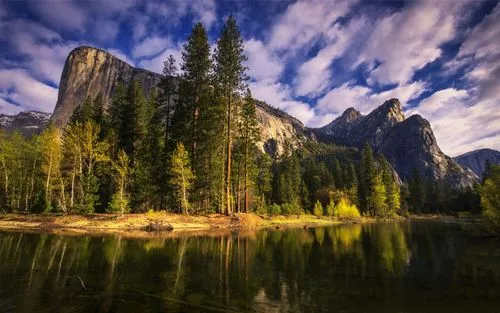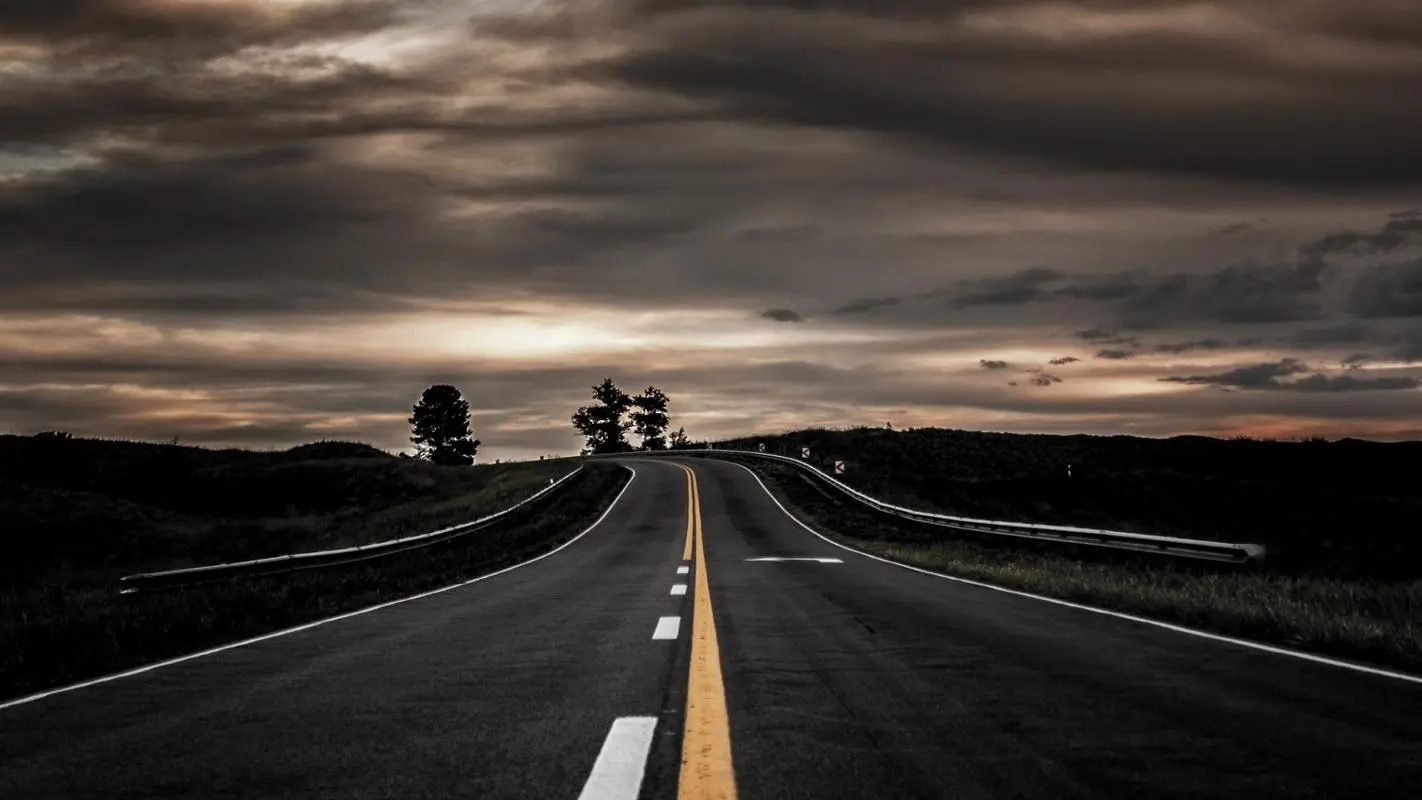The Rich History and Traditions of Britain
Britain, an island nation with a long and storied past, is a fascinating place filled with rich history and vibrant traditions. Its historical journey has left behind a deep - rooted cultural heritage that continues to shape the nation today.
The history of Britain can be traced back thousands of years. In ancient times, the Celts inhabited the land. Their unique art, language, and way of life laid the foundation for the early British culture. Later, the Romans invaded and occupied Britain for nearly 400 years. They brought with them advanced engineering skills, building roads, aqueducts, and imposing structures like Hadrian's Wall. The Roman influence is still evident in many aspects of British life, such as the layout of some cities and certain legal systems.
After the Romans left, Britain faced waves of invasions from the Anglo - Saxons and Vikings. These invasions not only changed the political landscape but also had a profound impact on the language and culture. The English language, for example, has many words borrowed from Old Norse, which was the language of the Vikings.
The Norman Conquest in 1066 was another significant turning point. The Normans, led by William the Conqueror, brought French - speaking nobility to Britain. This led to a blending of French and Anglo - Saxon cultures, resulting in a rich and complex social and cultural fabric. The construction of magnificent castles, like the Tower of London, became a symbol of Norman power and influence.
Britain's traditions are equally captivating. One of the most well - known traditions is afternoon tea. Originating in the 19th century, it is a social occasion where people enjoy a pot of tea, accompanied by delicate sandwiches, scones with clotted cream and jam, and pastries. It's a time for relaxation, conversation, and a celebration of British hospitality.
The British monarchy also plays a central role in the country's traditions. Ceremonies such as the Changing of the Guard at Buckingham Palace attract thousands of tourists every year. This colorful and elaborate ceremony showcases the pomp and pageantry associated with the monarchy, as well as the long - standing military traditions of the country.
Moreover, festivals like Guy Fawkes Night and Christmas are celebrated with great enthusiasm. Guy Fawkes Night, on November 5th, commemorates the failed Gunpowder Plot of 1605. People light bonfires, set off fireworks, and burn effigies of Guy Fawkes, creating a lively and exciting atmosphere. Christmas in Britain is a time for family gatherings, decorating homes with festive lights, and enjoying traditional foods like roast turkey and mince pies.
In conclusion, the history and traditions of Britain are an integral part of its identity. They tell the story of a nation that has endured through centuries of change, invasions, and cultural exchanges. By preserving and cherishing these historical legacies and traditions, the British people continue to pass on their unique heritage to future generations.




